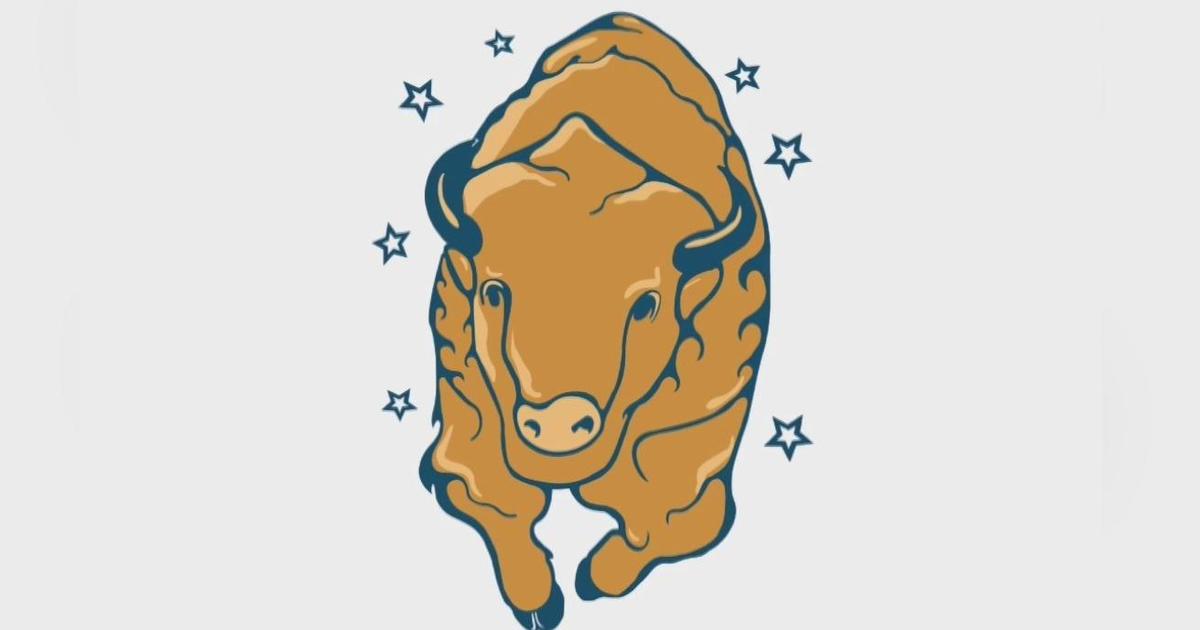Progressive Liberal Hypocrisy
- Thread starter bigredfish
- Start date
You are using an out of date browser. It may not display this or other websites correctly.
You should upgrade or use an alternative browser.
You should upgrade or use an alternative browser.
Ssayer
BIT Beta Team
I don't know if this was posted any where else here, but... what would YOU think if this all female swat team were sent to rescue you and yours???
I don't know if this was posted any where else here, but... what would YOU think if this all female swat team were sent to rescue you and yours???

Chile Women's Swat Team Competes in UAE Competition
Did not go well... :facepalm: Got to give them credit for not quitting though.
Sybertiger
Known around here
Seems to make sense to me that small cities would want to consolidate police forces and let the County handle their area. However, I can't help but wonder if disbanding the police force is a direct result of rising crime due to woke policies and now they don't have the staff to handle the increase. And, if the woke policies have made it difficult to recruit staff and now they can't fill slots regardless of openings. The timing just seems right given the environment we find ourselves in.

 www.foxnews.com
www.foxnews.com

Minnesota city votes to disband police force as latest town to face staffing, budgeting shortfalls
Moose Lake, Minnesota, will reportedly lose its entire police department after the city council voted to make a contract with the county for law enforcement.
jpc-s4
Getting comfortable
Seems to make sense to me that small cities would want to consolidate police forces and let the County handle their area. However, I can't help but wonder if disbanding the police force is a direct result of rising crime due to woke policies and now they don't have the staff to handle the increase. And, if the woke policies have made it difficult to recruit staff and now they can't fill slots regardless of openings. The timing just seems right given the environment we find ourselves in.

Minnesota city votes to disband police force as latest town to face staffing, budgeting shortfalls
Moose Lake, Minnesota, will reportedly lose its entire police department after the city council voted to make a contract with the county for law enforcement.www.foxnews.com
"Moose Lake is a city in Carlton County, Minnesota, United States. The population was 2,789 at the 2020 census. Interstate 35, State Highways 27 and 73, County 10, and County 61 are the main routes in Moose Lake. Moose Lake State Park is nearby. "
I don't think a next-to-nothing sized town in the middle of nowhere disbanding their PD based on economic factors has anything to do with woke policies...
Sybertiger
Known around here
"Moose Lake is a city in Carlton County, Minnesota, United States. The population was 2,789 at the 2020 census. Interstate 35, State Highways 27 and 73, County 10, and County 61 are the main routes in Moose Lake. Moose Lake State Park is nearby. "
I don't think a next-to-nothing sized town in the middle of nowhere disbanding their PD based on economic factors has anything to do with woke policies...
They do seem like they are in the boon docks so probably insulated from the problems of the big city.
mat200
IPCT Contributor
- Jan 17, 2017
- 16,545
- 27,808
what's a boon dock ?
BLM cartoon .. and animated cartoon series ..

The boondocks is an American expression from the Tagalog (Filipino) word bundók ("mountain"). It originally referred to a remote rural area,[1] but now, is often applied to an out-of-the-way area considered backward and unsophisticated by city-folk. It can also occasionally refer to a mountain in both Filipino and American context
Origins
The expression was introduced to American English by U.S. military personnel fighting in the Philippine–American War (1899-1902).[3][4] It derives from the Tagalog word "bundók",[note 1] which means "mountain".[5][6][7] According to military historian Paul A. Kramer, the term originally had "connotations of bewilderment and confusion", due to the guerrilla warfare in which the soldiers were engaged.[4]
..
Expanded meanings
The term evolved into American slang to refer to the countryside or isolated rural/wilderness area, regardless of topography or vegetation. Similar slang or colloquial words are "the sticks", "the wops", "the backblocks", or "Woop Woop" in Australia, "the wop-wops" in New Zealand, "bundu" in South Africa (unrelated to "boondocks" or "bundok"), "out in the weeds" in New Brunswick and "out in the tules" in California. The diminutive "boonies" can be heard in films about the Vietnam War such as Brian De Palma's Casualties of War (1989) used by American soldiers to designate rural areas of Vietnam.
Boondocking refers to camping with a recreational vehicle (RV) in a remote location without the electricity, water, or sewer infrastructure that is available at campgrounds or RV parks.
In African-American culture, the word "boondocks" refers to all-white towns and cities that are isolated from primarily African-American urban life.
mat200
IPCT Contributor
- Jan 17, 2017
- 16,545
- 27,808
Liberal Democrats (especially those running teachers unions) are simply disgusting trash.
Prove me wrong
Seattle English Students Told It's "White Supremacy" To Love Reading, Writing
 www.zerohedge.com
www.zerohedge.com
Prove me wrong
Seattle English Students Told It's "White Supremacy" To Love Reading, Writing
ZeroHedge
ZeroHedge - On a long enough timeline, the survival rate for everyone drops to zero
It's funny when these dumb assholes self-own and expose their stupidity.
I wonder if he retracted it when it became clear it was teen thugs assholes doing what teen thug assholes do.
I wonder if he retracted it when it became clear it was teen thugs assholes doing what teen thug assholes do.
I have had ass hole cows where I would take my chances with the car.
Sybertiger
Known around here

Harvard professor says ‘all hell broke loose’ when his study found no racial bias in police shootings
Harvard Economics Professor Roland Fryer said "all hell broke loose" after he released a study on racial bias in policing that colleagues told him not to publish.
Ssayer
BIT Beta Team


The Most Violent Era In America Was Before Europeans Arrived
There's a mythology about the native Americans, that they were all peaceful and in harmony with nature - it's easy to create narratives when there is no written record.
Sybertiger
Known around here
Speaking of which ^^^
Using Bison as your mascot could be racist.

 www.cbsnews.com
www.cbsnews.com
Using Bison as your mascot could be racist.

A new law is making a Rochester middle school change the name of its mascot, community is confused
A Native artist designed the Bison logo for Dakota Middle School but the new law says the mascot has to change amid new legislation.
Sybertiger
Known around here
The level of mental illness in this country is astounding. I don't care what consenting adults want to do at their own property but the public promotion of one's activities when you are a public servant shows lack of good judgment. If you lack basic good judgment then you shouldn't be in charge of children. The progressives probably think it's cool too.

 nypost.com
nypost.com

NYC teacher bizarrely brags about sex lives of swinging parents at ‘cool’ elementary school
Not everyone was in the mood for the sexy disclosure from the kid’s educator.
Last edited:
That is the most asinine thing I have seen in a while-- and there is a lot of dumbass shit out there! But then again-- it's liberal Minnesota.Speaking of which ^^^
Using Bison as your mascot could be racist.

A new law is making a Rochester middle school change the name of its mascot, community is confused
A Native artist designed the Bison logo for Dakota Middle School but the new law says the mascot has to change amid new legislation.www.cbsnews.com
Fort Pierre South Dakota....



